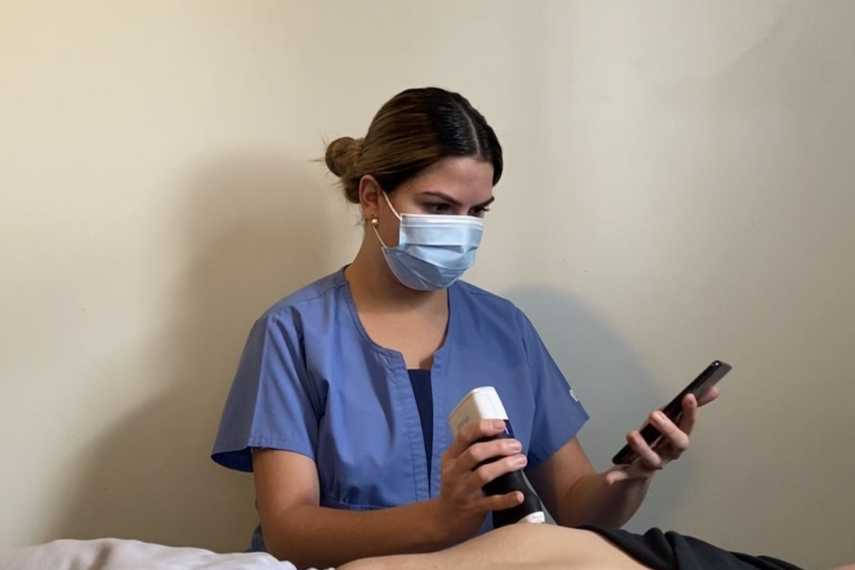
Artificial Intelligence Improves Screening Accessibility for Liver Disease
Researchers develop an automated method that can detect a prevalent liver disease at the primary care level.
A Global Health Concern

Researchers develop an automated method that can detect a prevalent liver disease at the primary care level.
A Global Health Concern

Not all heroes wear capes, but they do wear armour. Meet Dr. Michele Oliver, a trailblazer from the School of Engineering at the University of Guelph, who is working towards making armour more accommodating for the real-world superheroes - our soldiers. The twist? Her study focuses on determining whether armour needs to be tailored for female soldiers, a long-ignored demographic in military armour design.
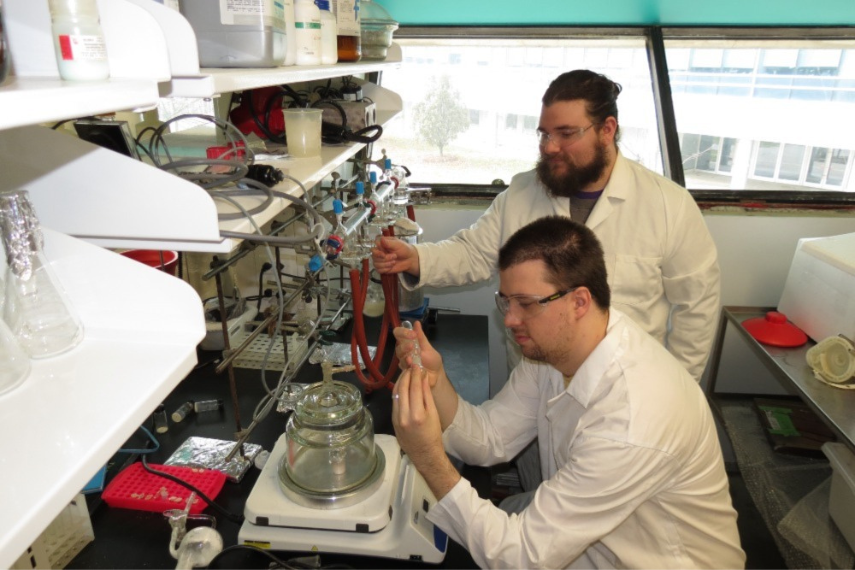
The production of key chemical compounds could aid in the development of new cancer therapies

The COVID 19 pandemic demonstrated a multitude of human behaviours that can drive the spread of disease. From mask-wearing, social distancing, vaccine hesitancy to pandemic fatigue. Government and health agencies struggled to keep up with policy, as the science and the population’s willingness to adopt changed.
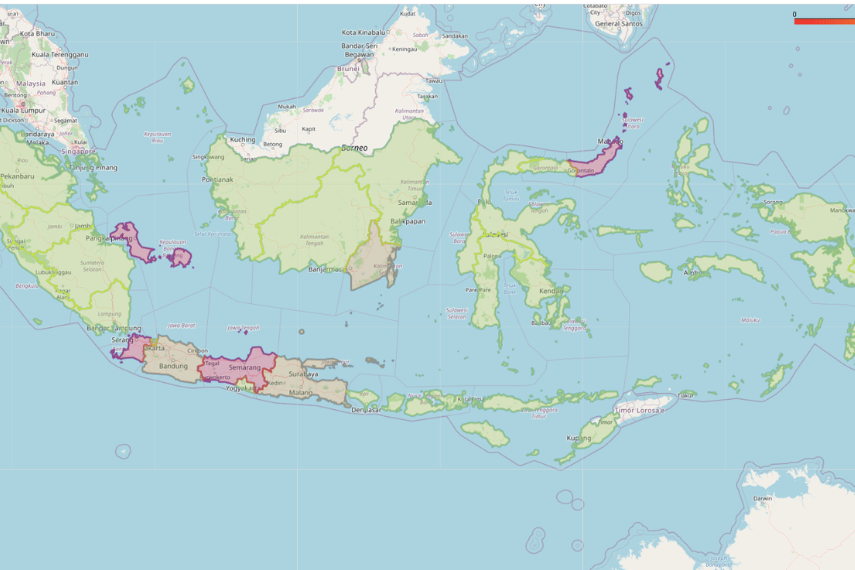
Don't underestimate the power of social media! Social media is no longer just a place for selfies and memes. Dr. Rozita Dara, from the School of Computer Science, has recently unlocked a fascinating use of Twitter that could change the face of disease surveillance and management. This new method involves the analysis of Twitter data, aiding in predicting disease trends and gauging public perception toward health policies.
A Leap in Public Health Management Through Machine Learning
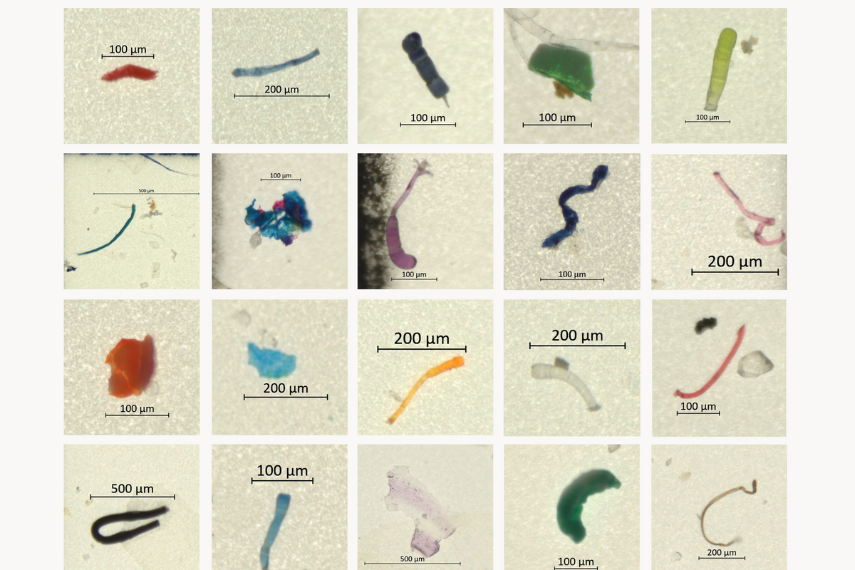
Unraveling the plastic threat hidden in our waters, Dr. Chang’s team has revolutionized the way we isolate, identify, and combat microplastic pollution.
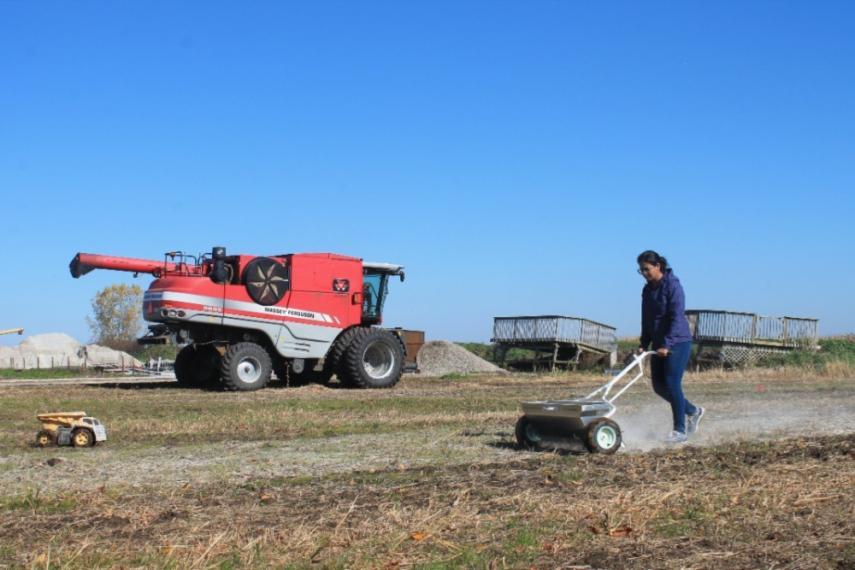
Carbon dioxide (CO2) is one of the most dominant greenhouse gasses (GHGs) that can absorb and hold heat radiated from the sun. Ever-increasing GHGs emissions have caused a significant rise in atmospheric carbon concentration in recent decades. If this trend continues, the Earth could warm by 2˚C before the end of the century, which will result in severe threats to human life and global ecosystems. Global efforts are being made to mitigate this effect by developing carbon capture and sequester (CCS) technologies.

Researchers keep online gaming safe by learning how and where to find evidence of cyber-crimes.

Researchers calculate the weight of neutron stars, the strongest magnets in the universe.
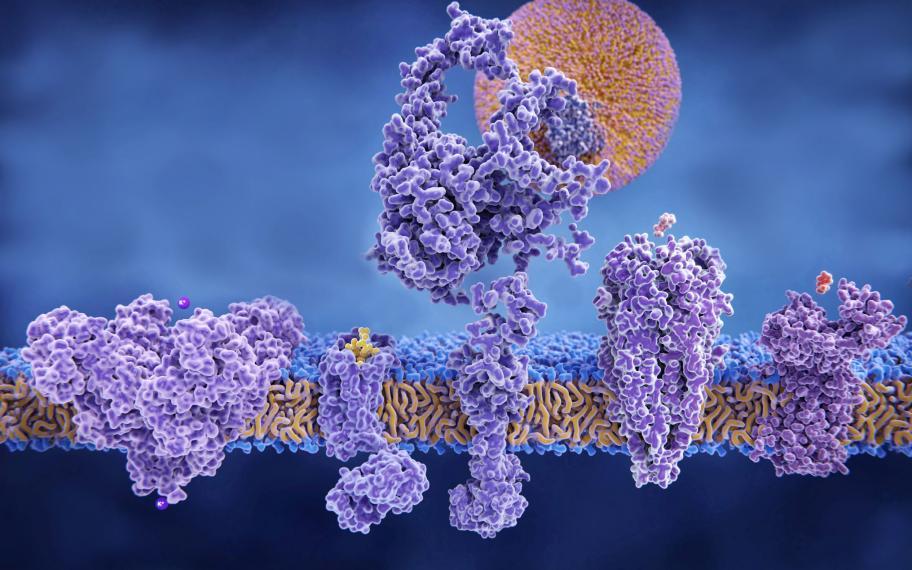
New life-like model of cell membrane will enable a better look at cell surface proteins.